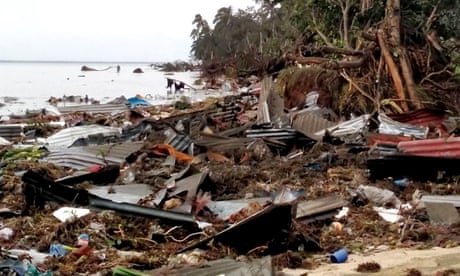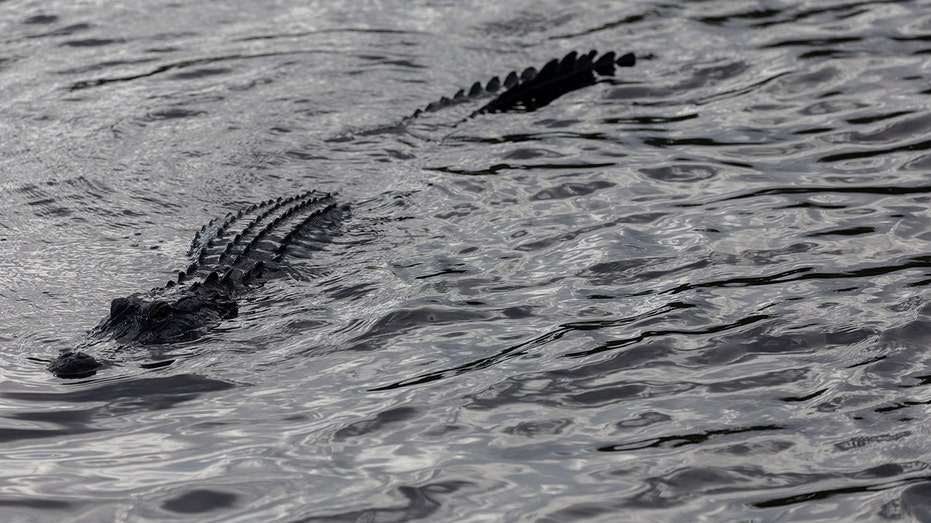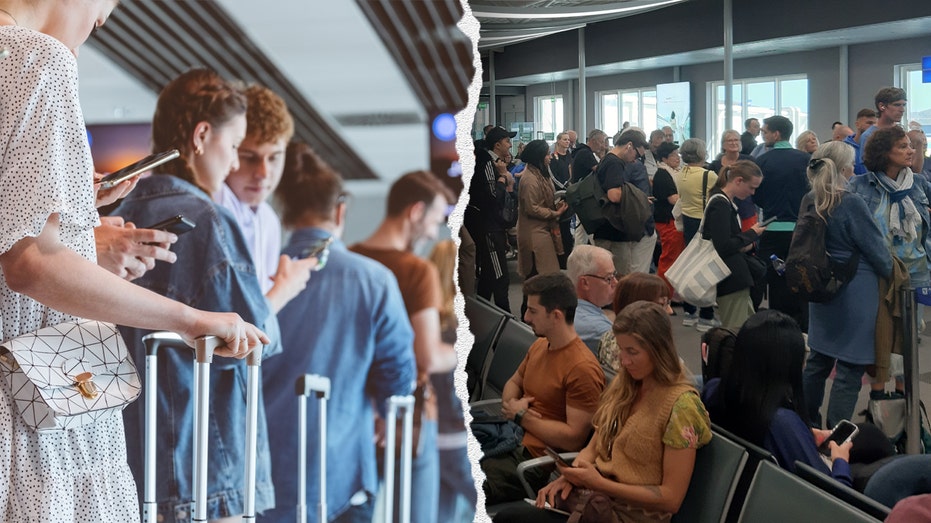- by foxnews
- 06 Mar 2025
‘We had to mimic to everyone to run’: how Tonga’s volcano and tsunami disaster unfolded
‘We had to mimic to everyone to run’: how Tonga’s volcano and tsunami disaster unfolded
- by theguardian
- 24 Jan 2022
- in news

Tonga is used to natural disasters, but they have never experienced anything like the last week.
"We've experienced tropical cyclones, but this is so new and no one will ever forget this, ever," says Marian Kupu, a journalist for BroadCom Broadcasting FM87.5 in Tonga.
"We didn't know what to do or what to expect."
On Saturday 15 January, at 5:10pm local time, the Hunga Tonga-Hunga Ha'apai undersea volcano erupted in a blast 600 times more powerful than the bomb dropped on Hiroshima. It could be felt as far as away as New Zealand and Alaska. It prompted a tsunami.
So far, three people have been reported dead in Tonga from the tsunami, while two more drowned in Peru after abnormally big waves from the blast reached as far as the coast of South America.
There had been signs that something was wrong. All summer there had been a stench of sulphur in the air across Tonga, signalling that the undersea volcano, which lies about 65km north-west of the country's capital of Nuku'alofa, was active. There had been small eruptions, and on the Friday, the day before the eruption and tsunami, the water in Nuku'alofa's harbour was spinning in eddies and whirlpools, something no one had seen before.
When the eruption occurred, it was so loud that Kupu's ears were ringing.
"You know that experience when you're flying in an aeroplane with your ears? It was like that times 10. We couldn't hear each other, we could just mimic to everyone just to run, just to go, let's go and leave the house immediately," she said.
She and her family got into the car. The main road, normally two lanes of traffic - one in each direction - became four lanes of traffic, everyone heading east, away from the volcano.
The sky went dark by 6pm, when normally at this time of year nightfall doesn't happen until 8pm. Traffic came to a standstill as people's cars became coated with thick layers of ash. Boys ran along the road with water bottles, spraying water on to windshields so that cars could keep moving.
Kupu made it to her brother's home, inland and on higher ground, and was able to get back to her own home the next day.
Since then, she has been working around the clock to tell the stories of damage and survival from Tonga.
She travelled out west, to the worst-hit part of the main island, on Tuesday to see the damage there.
The first thing that hit her was the smell.
"I don't know what it was from, I think [it was from] the sea bed from way out there being washed on [to land] with mud. There were even dead fishes found there on the land," she said.
The power of the tsunami was clearly visible. Coconut trees that had stood upright, now lay in rows bent to the right, almost parallel to the ground, in the direction the tsunami waves had pushed them down.
Everything on the western side of the road - the direction from which the tsunami hit - had been lifted up, uprooted, carried across the road and smashed into trees on the eastern side.
"Timber, bushes, cars, roofs, they were all trapped on the coconut trees on the road; houses, they were all on the other side of the road.
The eyes of the world have been on Tonga for the last week. During the eruption, the nation's undersea communications cable was damaged in two places, virtually cutting the island off from the rest of the world, which waited anxiously for news.
When her radio station's satellite connection was restored, she was suddenly flooded with requests for interviews with TV stations in the US, Germany, China, the Netherlands.
"People were screaming and saying 'You're the first person we've spoken to from Tonga! Are you OK?' And I was like 'Yeah we're OK, I was back at work on Monday.'
"I didn't know that the whole world thought that Tonga sank," she said.
But while she is both baffled and amused by the global attention the disaster has warranted - Kupu says she quizzes journalists on whether they had even heard of Tonga before the volcano hit and that her default explanation to people is that Tonga is near Samoa, "where The Rock is from" - she is concerned that attention will quickly move on and Tonga will be left alone with this crisis.
Drinking water is a huge concern, says Kupu, given the ash that has blanketed the island, but so is food, given many people are reliant on plantations, which have been destroyed by the disaster.
- by foxnews
- descember 09, 2016
'Gate lice' run-ins have flyers demanding more airlines 'crack down' on pesky travel trend
Passengers are asking major airlines to do something about "gate lice" problem at airports. American Airlines currently has new tech to stop the line-cutters.
read more


